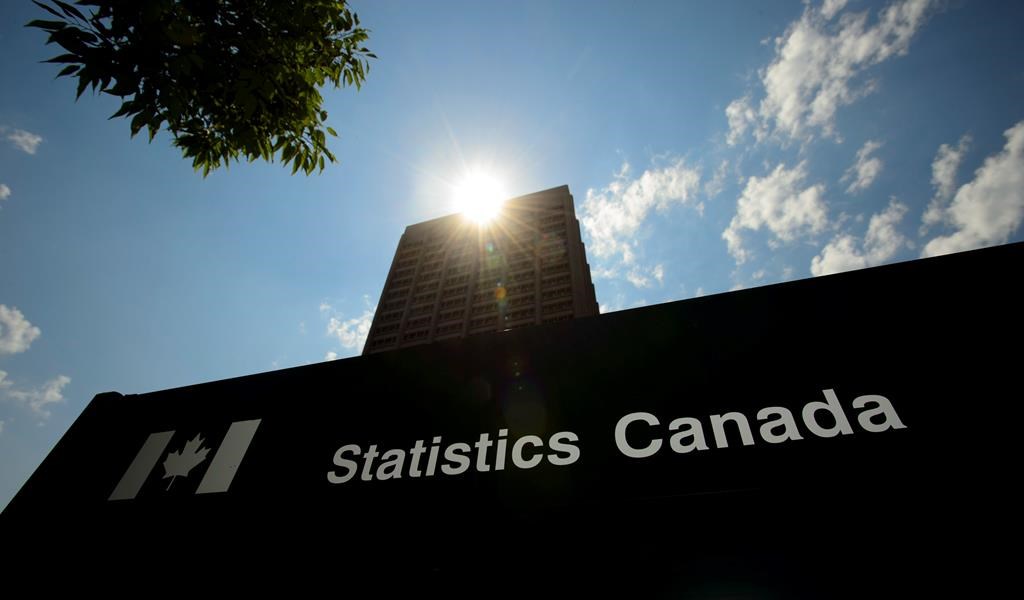Statistics Canada says annual pace of inflation rose to 3.7 per cent in July, the biggest increase since May 2011.

The year-over-year increase in the consumer price index compared with a 3.1 per cent increase in June as more of parts of the economy reopened, giving consumers more opportunities to spend.
Statistics Canada says only part of the year-over-year rise is due to comparing prices to the lows seen one year ago.
Gasoline prices, for instance, rose by 30.9 per cent compared with July 2020 when many businesses and services started to reopen after the first wave of COVID-19.

Excluding gasoline, the consumer price index for July increased 2.8 per cent compared with a year ago.
Prices for goods rose at an annual rate of five per cent in July, accelerating from the 4.5 per cent recorded in June. Car costs were up 5.5 per cent, which the agency says was partially because of a global shortage of semiconductor chips.
The largest driver of overall price growth stemmed from the country’s housing market, as homeowner replacement costs rose 13.8 per cent year-over-year, the largest increase since October 1987.

Get daily National news
Food prices increased by 1.7 per cent in July compared with July 2020, with Statistics Canada noting prices for food purchased at restaurants grew by 3.1 per cent, the highest increase since January 2019.

The headline reading for inflation marked the fourth straight month that the consumer price index registered a reading above three per cent.
The Bank of Canada has warned that inflation is likely to hover around three per cent this year because prices are being compared to the drop in prices and spending during the early months of the pandemic.
The central bank aims to keep inflation at two per cent.
Statistics Canada says the average of Canada’s three measures for core inflation, which are considered better gauges of underlying price pressures and closely tracked by the Bank of Canada, was 2.47 per cent in July, up from the 2.27 per cent recorded in June.
The last time the average was as high as it was in July was in March 2009.
Bank of Canada governor Tiff Macklem has said the central bank will act to cool inflation should temporary price pressures stick around and appear more permanent.
CIBC senior economist Royce Mendes says the Bank of Canada will likely continue to view the current overshoot on inflation as transitory, and remain focused on healing the labour market.







Comments
Want to discuss? Please read our Commenting Policy first.